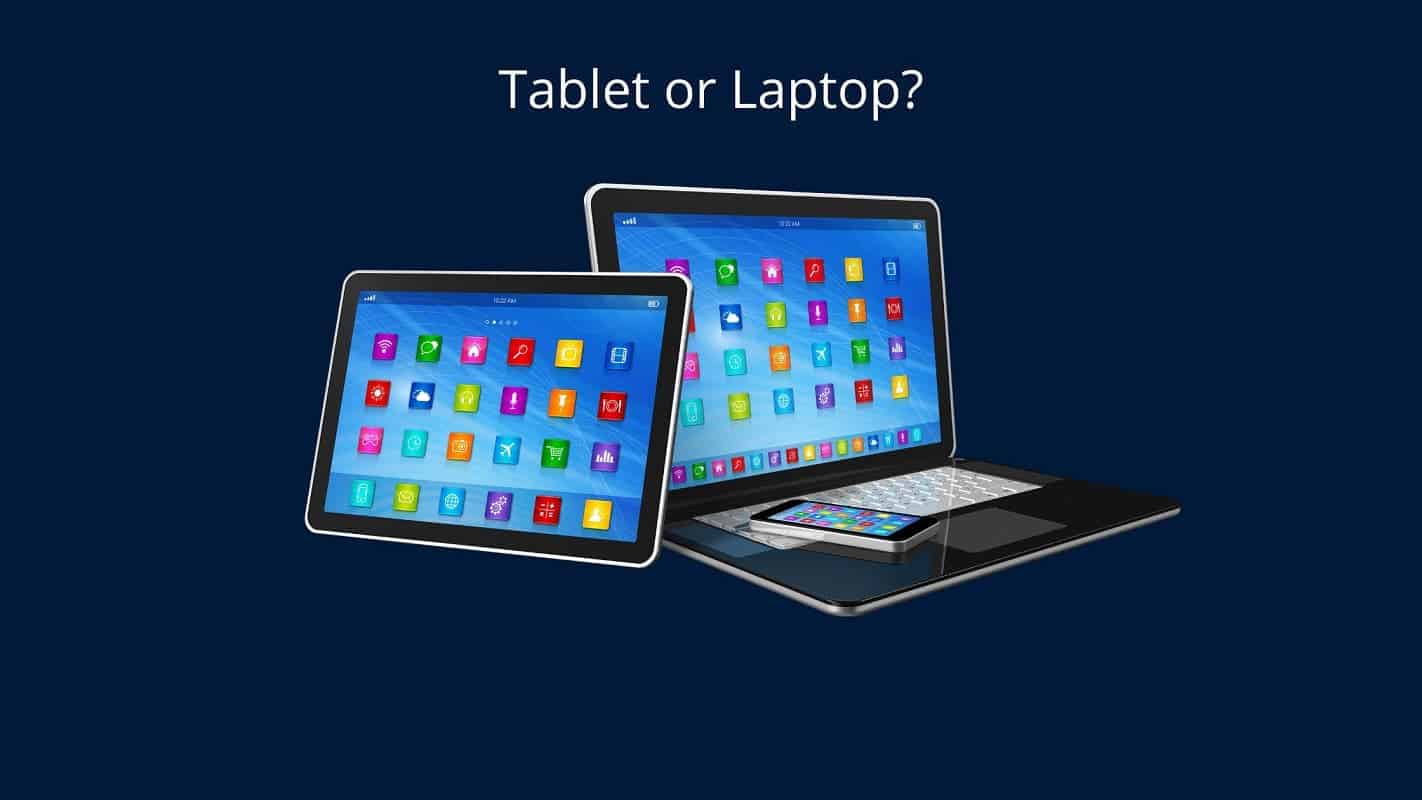Choosing between a laptop and a tablet can be challenging. Both offer unique features, but understanding their differences can help you make an informed decision. Let’s dive into a comprehensive comparison between the two.
1. Performance and Productivity
Laptops are known for their robust performance. They’re perfect for multitasking, processing power, and running complex software. With full-sized keyboards and precision pointing devices, laptops make typing and navigation comfortable. This makes them ideal for tasks like writing reports, editing photos, or coding.
Tablets are lightweight and portable. They excel at content consumption, such as reading e-books, watching videos, or browsing the web. However, tablets may struggle with demanding tasks that require multitasking or resource-heavy applications.
2. Form Factor and Portability
Laptops usually have larger screens and bulkier designs. However, modern ultrabooks and 2-in-1 convertibles offer portability similar to tablets without compromising performance.
Tablets, on the other hand, are compact and easy to carry. Their lightweight design makes them perfect for on-the-go use. With touchscreen interfaces and detachable keyboards, tablets offer flexibility for various scenarios like taking notes, reading emails, or sketching with a stylus.
3. Software and Applications
Laptops run full operating systems such as Windows, macOS, or Linux. These systems support a wide range of applications, including professional tools, design software, and productivity suites. This makes laptops ideal for diverse tasks.
Tablets run mobile operating systems like iOS or Android. These systems are optimized for touch input and apps. While tablets offer access to a vast selection of mobile apps, their capabilities are often limited for professional-grade software compared to laptops.
4. Input Methods and User Experience
Laptops offer traditional input methods: keyboards, touchpads, and pointing sticks. These provide precise control, making laptops perfect for users who prefer a familiar computing experience.
Tablets primarily rely on touch input. The touchscreen and virtual keyboards allow intuitive interaction, but some users find them less efficient for tasks requiring extensive text input or precision. However, stylus pens and external keyboards can improve usability for certain tasks.
5. Battery Life and Power Consumption
Laptops generally have larger batteries and consume more power due to their bigger screens and powerful processors. Although modern laptops offer better battery life, they still need frequent charging, especially during intensive use.
Tablets are designed for energy efficiency. Their smaller screens and optimized hardware extend battery life, making them perfect for activities like reading, web browsing, or streaming without frequent recharging.
Conclusion: Laptop vs Tablet
In summary, the decision between a laptop and a tablet depends on your needs. Laptops offer strong performance, productivity features, and versatile options, making them perfect for multitasking and professional software. Tablets, however, focus on portability and touch interaction, ideal for content consumption and casual computing.
Both devices have their advantages. Consider factors like performance, portability, software compatibility, and battery life when making your decision. Whether you need a laptop, a tablet, or both, each can complement your lifestyle depending on your requirements.
For the best deals on UK used laptops in Nigeria, visit Psero Online Store, your trusted source for high-quality refurbished laptops.
